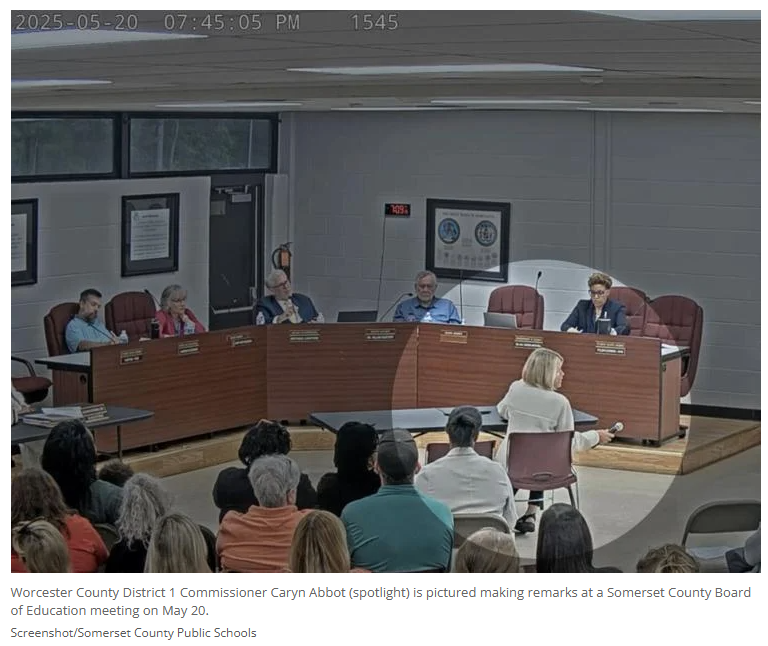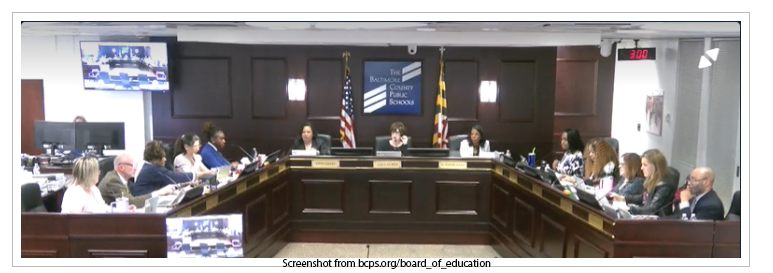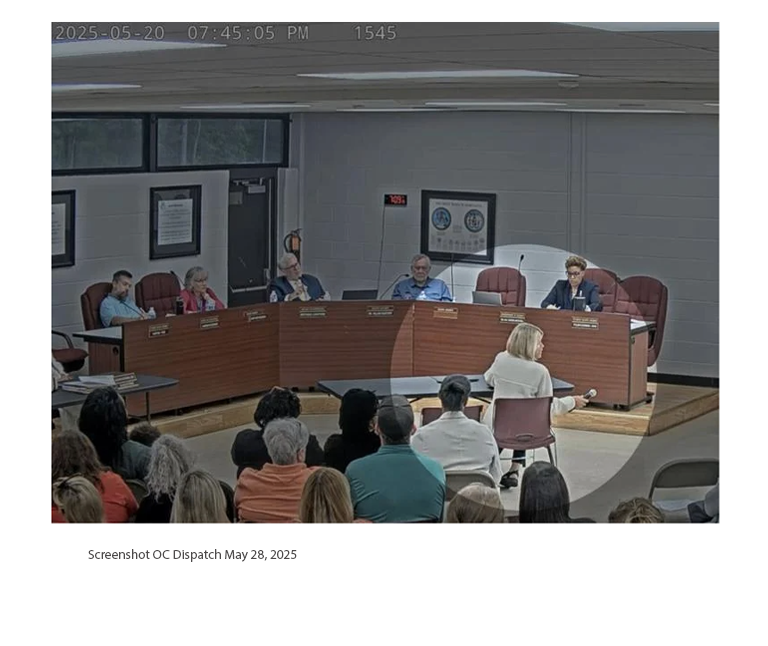
What Data-Driven SEL Has Done for My District (Opinion)
Implementing a social-emotional-learning program is not for the faint of heart. SEL has become a highly charged—and politicized—buzzword as schools and districts implement new programs and try to justify the cost and time required. But what often gets lost in the discussion is that social-emotional skills are equally as important as reading, writing, and math in creating a place where all students graduate with the skills, attitudes, and values necessary to anchor their success in work and life.
Approaches to SEL in K-12 vary widely, so misconceptions often arise. Some schools have a clear, districtwide plan to integrate SEL into all aspects of learning, while others may use ad hoc tools and tactics at an individual school. Plus, without a proper structure, support, and ongoing measurement, it may be difficult to show that SEL programs are yielding results.
A truly effective SEL program needs planning, resources, and structure to succeed. Buy-in must start from the top, with the district engaging administrators at each school as well as other key stakeholders, including classroom teachers, families, and the community.
In the past couple years, the superintendent in my district, Terrell Hill, prioritized a SEL plan to support educators and students for their transition into the post-pandemic academic world.
He began with putting key pieces into place. First, he established a new position of administrator of SEL in the district’s leadership suite and recruited me from a background in higher education for the role. I work hand in hand with our school leaders and teachers to ensure they have the tools and knowledge they need to recognize and address social-emotional problems, apply SEL in their daily activities, and support our overall efforts to enrich our school community.
Next, Hill invested in SEL specialists to work in all our K-12 schools. Each school was assigned one or two of these individuals to assist with interventions and support social-emotional programs and training.
Classroom teachers perhaps play the most critical role. Teachers can model responsible decisionmaking, positive relationship building, and other important SEL skills in their everyday interactions. Plus, they can naturally weave SEL lessons into the curriculum.
We don’t just work with students. We have also found new strategies to engage families. Our district’s coordinator of family and community partnerships, Christina Morales, has led a push toward parent-teacher home visits. Home visits can build trusting, nonjudgmental relationships with families. We don’t come to these visits with worksheets or specific plans; they are solely an opportunity to learn about the needs of our students’ families.
Perhaps the most innovative aspect of the program is how we use data to understand the impact of our SEL efforts and continue improving our efforts. We partnered with our Connecticut department of education to assess every K-12 child with the Devereux Student Strengths Assessment, or DESSA.
This nationally standardized behavior rating scale for social and emotional competence plays a crucial role in our assessment process. DESSA includes a brief questionnaire that our educators and SEL specialists use to screen, assess, guide intervention plans, monitor progress, and evaluate SEL outcomes. It provides us with valuable insights into students’ social and emotional development, allowing us to tailor our interventions and support to meet their specific needs effectively.
These data allow us to connect students to the support they need. Our school SEL specialists can work with individual students or small groups. And we’ve taken steps to help students improve self-awareness, foster peer-to-peer modeling, and engage in appropriate, positive interventions.
Using DESSA data also enables us to identify if our efforts are working, why some students continue to struggle, and how teachers can best reach them in the classroom. Take this recent example: One of our high schoolers, James, wasn’t doing his assignments in world history class. Instead of focusing on World War II, an SEL specialist at his school tapped into James’ avid interest in basketball to have him research the history of his Air Jordan shoes.
By redirecting him with an assignment that piqued his interest, this targeted SEL support helped James recognize that he is truly capable of doing the world history assignments. This same approach would work in other classes as well. In math, he could be tasked to analyze basketball stats; in English, he could write an essay on his favorite athlete.
Even though this approach may seem off track from curriculum and grading, the basketball-focused assignment had a more important long-term benefit. James was effectively redirected back to his classroom assignments and proceeded with a greater sense of self-assurance and accomplishment.
Our investment in social-emotional learning has led to an impressive uptick in the proportion of students exhibiting typical to strong SEL abilities. According to our SEL specialist student-data collection and our use of the DESSA assessment tool, more than 88 percent of students in the district demonstrated positive growth in one or more SEL skills last school year, exceeding the previous year’s 79 percent. Notably, 32 percent of students excel in all five core SEL competencies (self-awareness, self-management, social awareness, relationship skills, and responsible decisionmaking), exceeding the national average by 16 percentage points.
These numbers show that transformative change is possible—when the right pieces are put in place. Leveraging social-emotional assessments helps our district take a data-driven approach and gather insights that can be put into action. Having dedicated resources, from an advocate in the executive suite to the addition of SEL support staff and targeted professional development in each school, gives schools the tools they need to build an environment where students can learn and grow.
Dig Deeper With Our Longreads
Newsletter Sign up to get our best longform features, investigations, and thought-provoking essays, in your inbox every Sunday.
The MEN was founded by John Huber in the fall of 2020. It was founded to provide a platform for expert opinion and commentary on current issues that directly or indirectly affect education. All opinions are valued and accepted providing they are expressed in a professional manner. The Maryland Education Network consists of Blogs, Videos, and other interaction among the K-12 community.







